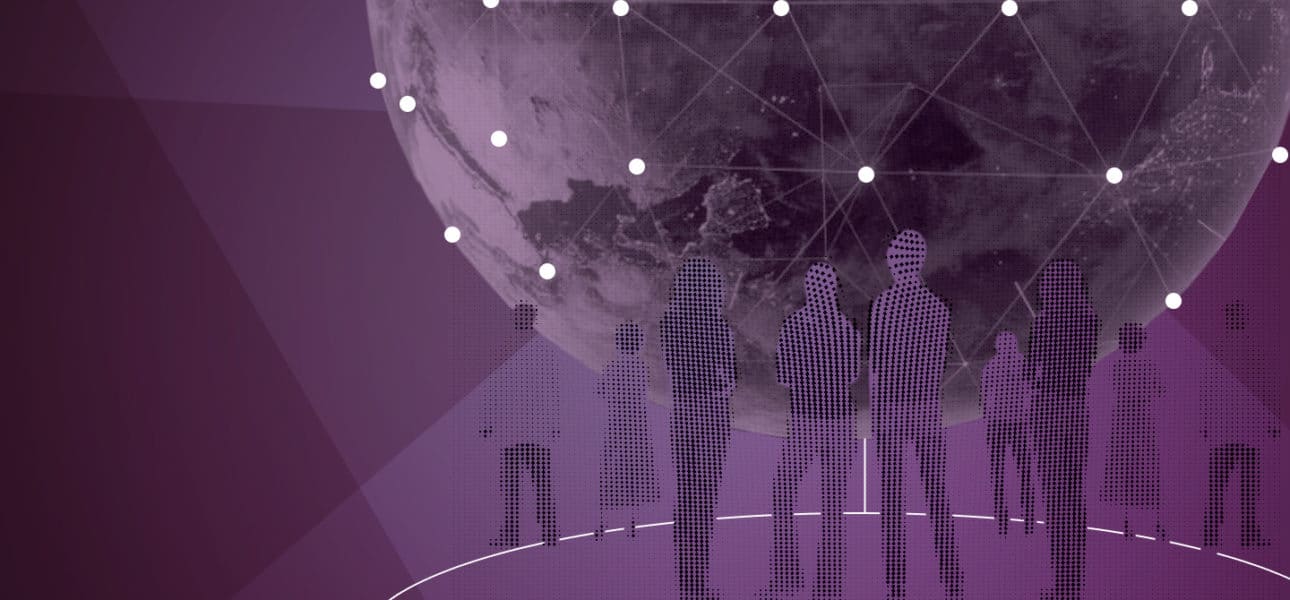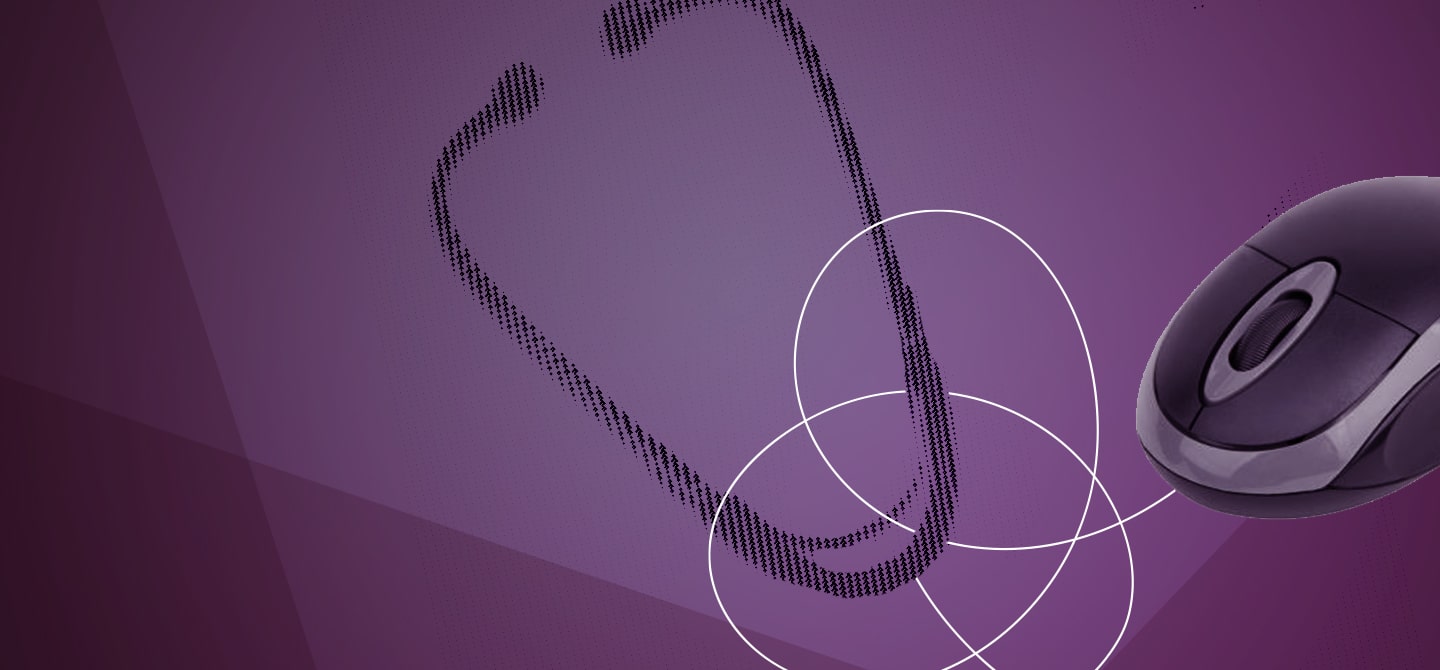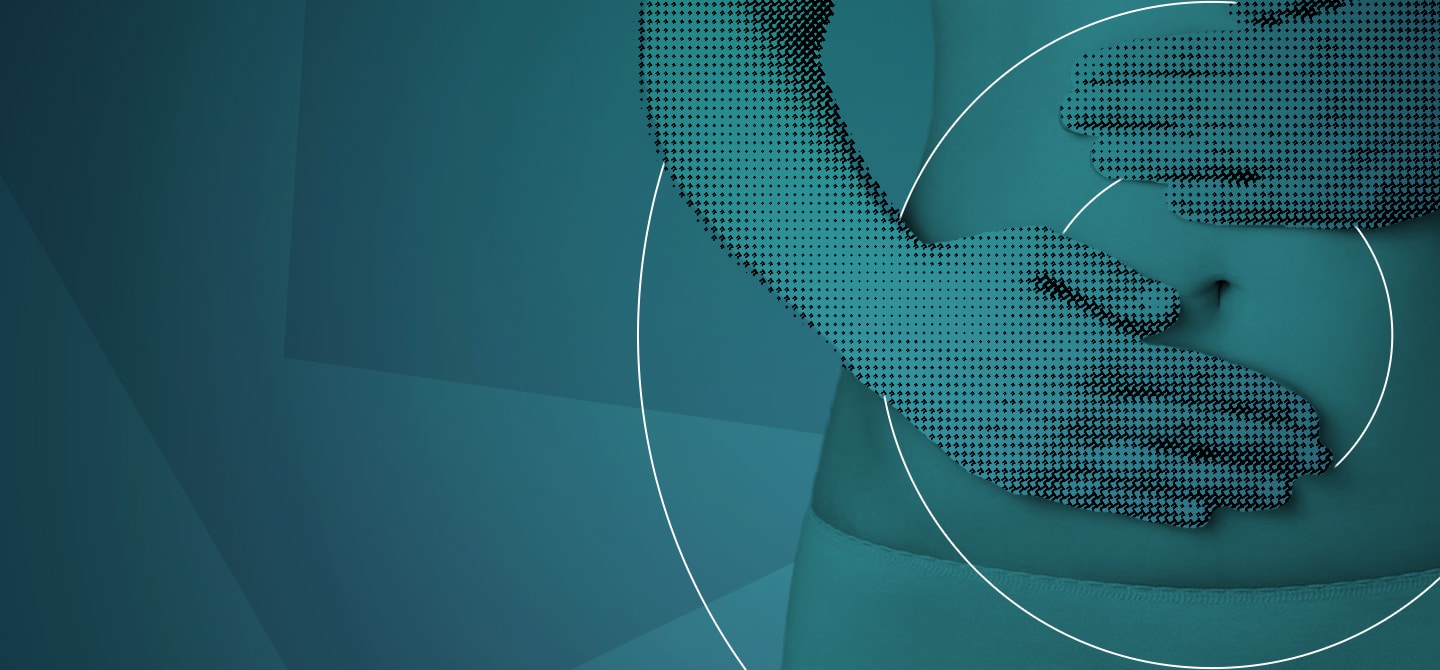Should state-held health data be centralised? In 2019, the French government launched the Health Data Hub with a budget of €10 million1 to provide access to health data for both research and business and thus accelerate innovation. This project was stopped dead in its tracks in January this year following the withdrawal of the Health Data Hub’s request for authorisation from the CNIL. Emmanuel Didier, a member of the National Consultative Ethics Committee, which will issue an opinion on the subject in the coming months, looks back at the creation and implementation of the Health Data Hub.
How can data be useful for health?
The Health Data Hub, the centralisation of data from the French National Health Insurance and some forty other databases, will make doctors’ work easier by pooling health data. It will also be a very rich source for researchers. Moreover, it will open up a prolific new market for companies. The government’s intention is to create a space conducive to innovation in the health sector to enable the creation of new unicorns, start-ups valued at more than one billion euros (Doctolib, for example) that are supposed to rival the American digital giants (GAFAM).

In order to access this data, parties must propose a project explaining what the data will be used for. The hope lies in the cross-referencing of data, which would open up new possibilities for monitoring and managing care. An example in this area is electrocardiograms; there are several software programs for recovering electrocardiograms. Centralising the data would make it possible to use a single software package for more fluid exchanges between the various cardiology centres while offering better adapted care to patients.
Are there similar projects in other countries?
France is a country whose health system is suitable for a project such as the Health Data Hub. Indeed, the amount of health data in France is colossal: the Sniiram (the national inter-regime information system of the French health insurance system) holds 1.2 billion medical records collected since 20022. In countries such as Germany and the United States, the health system is divided into several parts. In Germany, the Länder (administrative regions) manage their own health care system, in the United States, the states via the insurance companies. Hence, centralising data must be organised in a different way than in France, where it is managed by the State.
The hope lies in the cross-referencing of data, which would open up new possibilities for monitoring and managing care.
However, other countries have a health system similar to ours and could eventually launch this type of project. This is the case in the United Kingdom where the Bio Bank is already at the heart of research into centralisation. This is also what Europe has in mind with its European Health Data Space. This space corresponds to a European desire to share health data in order to facilitate research and improve health systems as a whole. The aim is to build large-scale artificial intelligence algorithms to manage crises such as Covid-193.
What are the criticisms of this project?
Centralisation poses a problem for certain actors who do not want to entrust their databases at the risk of losing the work invested in them. Constance, a French epidemiological cohort, for example, has specific access conditions for the large amount of data it holds and has made it clear to the Health Data Hub that it does not want to share them4. Another criticism concerns the enrichment of private actors with the health data of others. In France, it is forbidden to use health data for marketing or insurance purposes. However, the Health Data Hub offers a new playground for innovative companies who could use it to make a profit. Finally, the hosting of data by American servers (Microsoft) poses a sovereignty problem. The objective could have or could allow the creation of a French or European host. We do not yet know what direction the Health Data Hub will take.
What are the possible solutions for the future of the Health Data Hub?
One of the solutions put forward would be to fragment health data while making it accessible to all. Instead of having a single Health Data Hub, we could have several spread throughout France allowing companies and other groups with large amounts of data to store it while sharing it with as many people as possible. This solution is also more secure because for any hacking there would be several storage spaces to attack. In fact, hackers would not be able to get their hands on all the data at once as they would with a single centralized database. But this is only one of the possible solutions.







